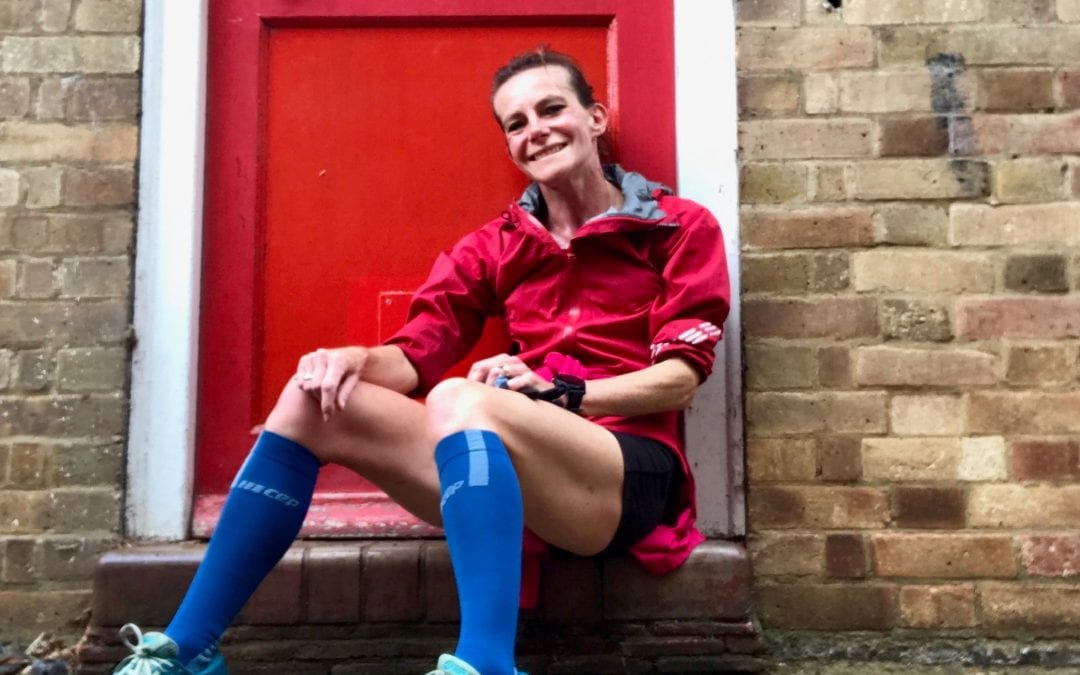Marathon Training – What should you do next?
Part 1
Now your marathon training plans have been thrown up in the air what should you do next?
If you don’t have a marathon coach you have probably found your 16-week marathon training plan is suspiciously quiet on what to do if your marathon is suddenly postponed for 6months.
To fill the void here’s my advice as an experienced GB marathon runner and British Athletics coach.
All good coaches start with asking questions before giving answers
The most important first step to making any training plan is to review where you are now.
To start you need to ask yourself these questions.
1. Are you planning to run the marathon on the revised date?
2. Are you currently injured or nurturing some persistent niggles?
3. What was your weekly mileage over the last 3-4 weeks?
4. What was the length of your longest run?
Are you planning to run the marathon on the revised date?
The answer to the first question is key. You might be absolutely sure of your answer already. However, it’s not something you have to decide right now. But you do need to start thinking about it over the next few weeks.
None of us ever make good decisions when we are tired, unwell or upset. You potentially might have symptoms of Covid-19. You might feel anxious about the current worldwide situation or worried about friends and family. You might be feeling tiredness from the final stages of your marathon training. Or you might still feel understandably upset about the goal on which you had been so focused over the last few months having been seemingly unfairly snatched away.
Whatever it is – if you don’t feel yourself right now then take time before you make your decision.
If you think the answer might be NO
As a coach often the biggest challenge is supporting someone to make the decision NOT to run. People don’t consider this to be part of the traditional role of a coach. However, it’s usually what marks the good coaches out from the others.
After the last few months training you might have realised that marathons are not for you. If so, then take this chance to walk away with your head held high.
Marathon training is hard as you have just found out. It takes a lot of energy, time and emotional commitment. The truth is – despite the huge popularity of the London Marathon – marathon running isn’t for everyone. Even more importantly – you DON’T have to run marathons to be a “proper runner”.
Be very proud of everything you have achieved to get this far. But don’t let anyone coerce you into carrying on if you know it’s not for you. It’s your time. It’s your energy. It’s your body and it’s your emotional wellbeing.
I love runni ng. But even I find marathon training hard going. Especially in the winter months. I spent nearly 20 years running before I turned to marathons. Running at the elite level and representing Great Britain on the road, track and cross country over 1500ms to 10k. Those years were as equally challenging and fulfilling as running the marathon.
ng. But even I find marathon training hard going. Especially in the winter months. I spent nearly 20 years running before I turned to marathons. Running at the elite level and representing Great Britain on the road, track and cross country over 1500ms to 10k. Those years were as equally challenging and fulfilling as running the marathon.
So strongly consider switching your focus to shorter distances – 5km, 10km, half marathons or just your local regular parkrun. Most importantly – enjoy your running. After all, that is why you do it.
If the answer is absolutely YES!
For many of you there’s no question to consider. Of course you will run on the revised date. Why wouldn’t you?
For you it’s about seeing the opportunities not the set back. There’s lots of benefits to an additional six months marathon training. Especially when those six months fall over summer.
 A few weeks ago we were all desperate for warm sunshine or, at the very least, an end to the relentless rain. Summer training in the UK doesn’t necessarily guarantee good weather. However, the lighter early mornings and late evenings alone help improve your motivation to get out the door to run.
A few weeks ago we were all desperate for warm sunshine or, at the very least, an end to the relentless rain. Summer training in the UK doesn’t necessarily guarantee good weather. However, the lighter early mornings and late evenings alone help improve your motivation to get out the door to run.
The longer days also widens your choice of where to train. You are no longer restricted to roads and concrete pavements and their heavy impact on your legs. Instead there’s a wide range of off-road routes that were previously unlit and unsafe to run in the dark. What’s more, by summer the mud has usually dried up improving the underfoot conditions. Now you can run quality sessions on grass and trails.
Best of all the key to good marathon running is consistency of training over time – months and years not days and weeks. The postponement means you now have another six months to build your training base.
Another six months doesn’t automatically mean PBs. But with the right training plan for you, you might find you can significantly revise your goals.
 If you want to improve your marathon running in time for the autumn with some professional coaching then visit my Individual and Bespoke Coaching pages to find out more and get in touch via the Contact page.
If you want to improve your marathon running in time for the autumn with some professional coaching then visit my Individual and Bespoke Coaching pages to find out more and get in touch via the Contact page.
Part 2 will explore the next question in more detail and how you can adapt your training.


